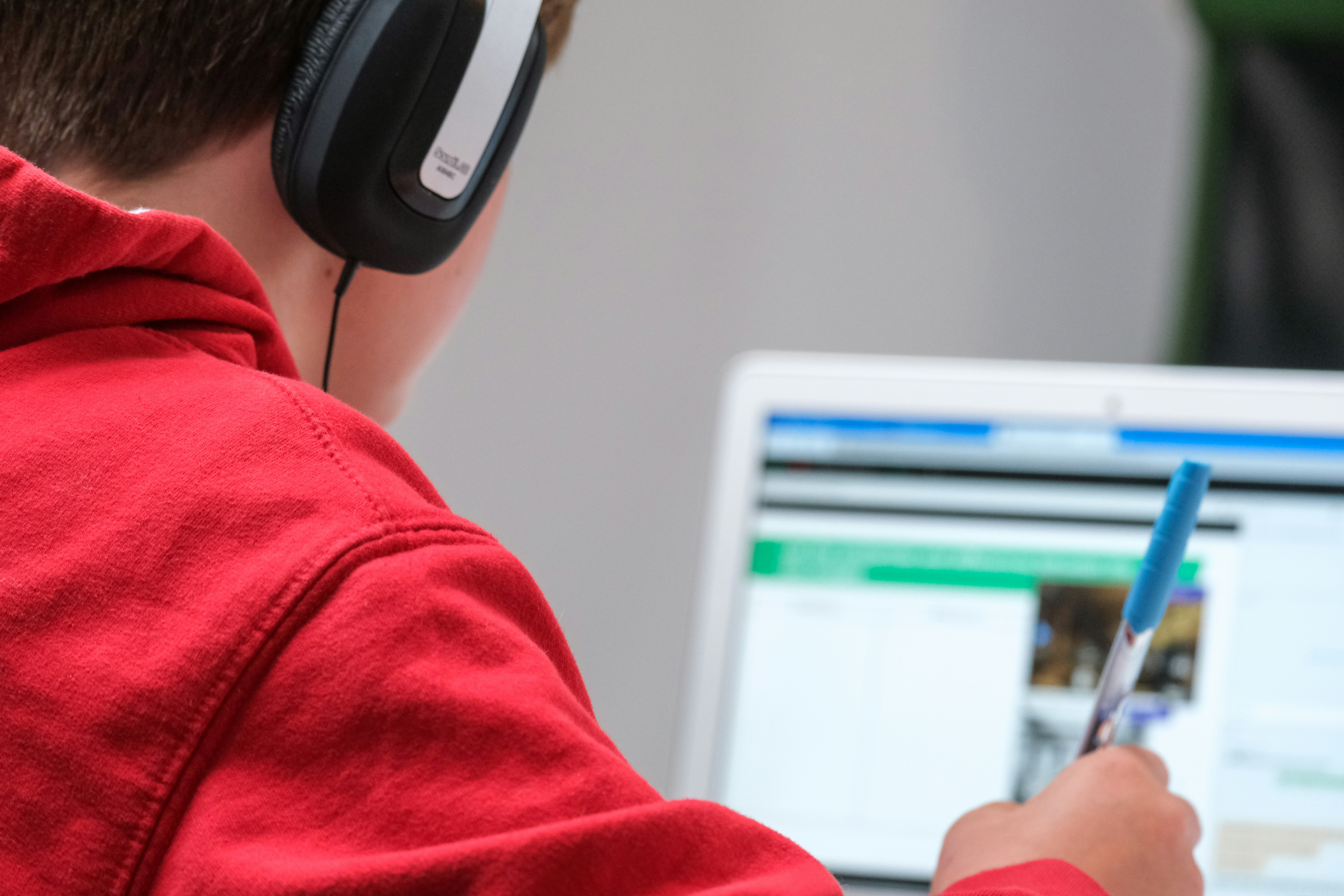Context and Issue
In the past decade, Haiti has significantly improved access to education, with 90% of primary school-aged children now enrolled. Many schools are privately operated, often by foundations or religious organizations. Although the government does not directly administer these private schools, the Ministry of Education assigns inspectors to oversee public and private institutions. However, inspections are irregular due to challenges such as poor road infrastructure, limited transportation resources, and heavy workloads for inspectors, who typically oversee about 35 schools each.
Solution
The Ministry of Education sought to enhance its school monitoring procedures, prompting collaboration with a World Bank-led team to develop a pilot project to test the effectiveness of technology-driven "virtual" inspections. Haiti was chosen for this initiative due to its widespread mobile phone usage, with nearly 70 cell phones per 100 individuals. The objective was to utilize technology to supplement traditional inspections by enabling remote monitoring, simplifying the process for the education ministry, and providing school directors with clear attendance data for their teachers.
Impact
The program's implementation for only four months and limited utilization of the technology contributed to the lack of improvement in students' test scores, which was expected. Similarly, management practices such as record-keeping remained unchanged, likely due to the low adoption of the technology among schools. Additionally, the program did not affect reducing teacher absenteeism.












